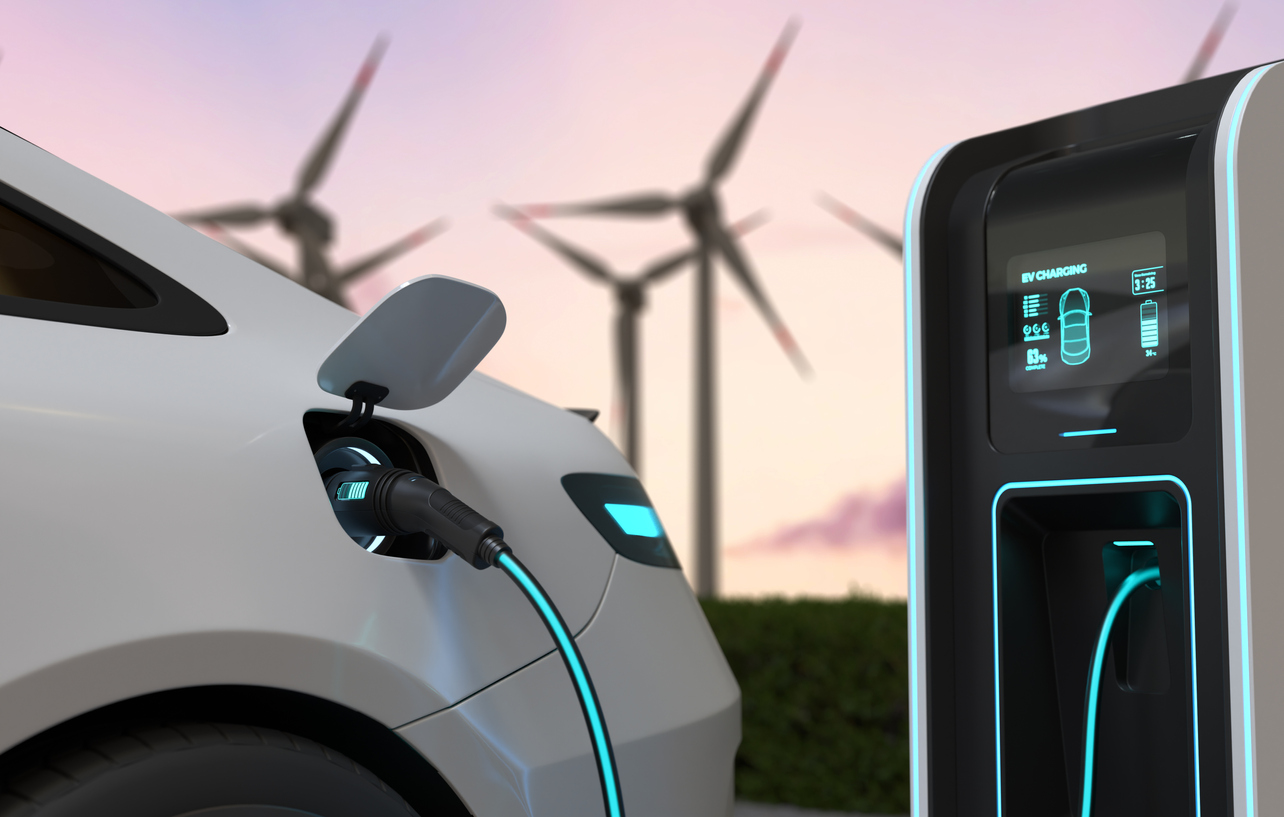As environmental concerns take center stage in the automotive industry, the demand for eco-friendly vehicles has surged. Hybrid SUVs, with their combination of fuel efficiency and robust design, have emerged as a compelling choice for environmentally conscious consumers. You can find hybrid SUVs with an online search.

The Green Revolution
The automotive landscape is undergoing a paradigm shift, with a growing emphasis on sustainable and green technologies. Hybrid SUVs represent a significant step in this green revolution. By combining traditional internal combustion engines with electric propulsion systems, these vehicles aim to reduce emissions and decrease reliance on fossil fuels. The integration of advanced technologies such as regenerative braking and electric powertrains allows hybrid SUVs to provide a cleaner and more efficient driving experience.
Unraveling Hybrid Technology
Hybrid SUVs operate on a dual power system, seamlessly switching between a conventional internal combustion engine and an electric motor. This dynamic technology, known as hybrid synergy drive, optimizes fuel efficiency by utilizing electric power during low-speed driving and relying on the gasoline engine for high-speed cruising. The regenerative braking system converts kinetic energy into electrical energy, further enhancing fuel efficiency. This innovative technology not only reduces emissions but also improves overall fuel economy, making hybrid SUVs an attractive option for environmentally conscious consumers.
Benefits Beyond Green
Hybrid SUVs offer a range of benefits that extend beyond their environmental advantages. One of the most significant perks is improved fuel efficiency. With the ability to rely on electric power during city driving and switch to gasoline on the highway, hybrid SUVs boast better mileage compared to their traditional counterparts. This not only translates to lower fuel costs for owners but also reduces the overall carbon footprint of the vehicle.
Moreover, hybrid SUVs often come equipped with advanced features and cutting-edge technology. Many models offer regenerative braking, smart aerodynamics, and sophisticated infotainment systems, providing a high-tech driving experience. Additionally, the quiet and smooth operation of electric power at lower speeds contributes to a more comfortable ride for occupants.
Top Contenders in the Hybrid SUV Market
Toyota RAV4 Hybrid
The Toyota RAV4 Hybrid stands out as one of the pioneers in the hybrid SUV market. With its spacious interior, versatile cargo space, and impressive fuel efficiency, the RAV4 Hybrid has gained popularity among eco-conscious drivers. The hybrid variant maintains the RAV4's reputation for reliability while offering the added benefit of reduced emissions and enhanced fuel economy.
Ford Escape Hybrid
Ford has entered the hybrid SUV arena with the Escape Hybrid, combining practicality with eco-friendly features. The Escape Hybrid boasts a sleek design, ample cargo space, and a hybrid powertrain that delivers impressive fuel efficiency. With a focus on both performance and sustainability, the Ford Escape Hybrid is gaining traction as a top contender in the competitive hybrid SUV market.
Lexus RX 450h
For those seeking luxury in a hybrid SUV, the Lexus RX 450h delivers a premium driving experience. With a powerful V6 engine combined with electric power, the RX 450h provides both performance and fuel efficiency. The opulent interior, advanced safety features, and hybrid technology make the Lexus RX 450h a standout choice for those who prioritize both luxury and environmental responsibility.
Overcoming Challenges
While hybrid SUVs offer a compelling solution to environmental concerns and rising fuel prices, there are challenges to overcome. The initial cost of hybrid vehicles tends to be higher than their traditional counterparts, posing a barrier for some potential buyers. However, with advancements in technology and increasing consumer demand, manufacturers are working to make hybrid SUVs more accessible and cost-effective.
Another challenge is the need for an extensive charging infrastructure to support plug-in hybrid models. As the popularity of hybrid SUVs grows, there is a corresponding need for an expanded network of charging stations to accommodate the increased number of electric vehicles on the road. Addressing these challenges is crucial to the widespread adoption of hybrid SUVs and ensuring their continued success in the market.
Conclusion
Hybrid SUVs represent a pivotal development in the automotive industry, offering a harmonious blend of environmental sustainability and practicality. As technology continues to advance, and manufacturers invest in research and development, hybrid SUVs are likely to become even more accessible and appealing to a broader audience. With their eco-friendly features, improved fuel efficiency, and cutting-edge technology, hybrid SUVs are paving the way for a greener and more sustainable future on the roads.




